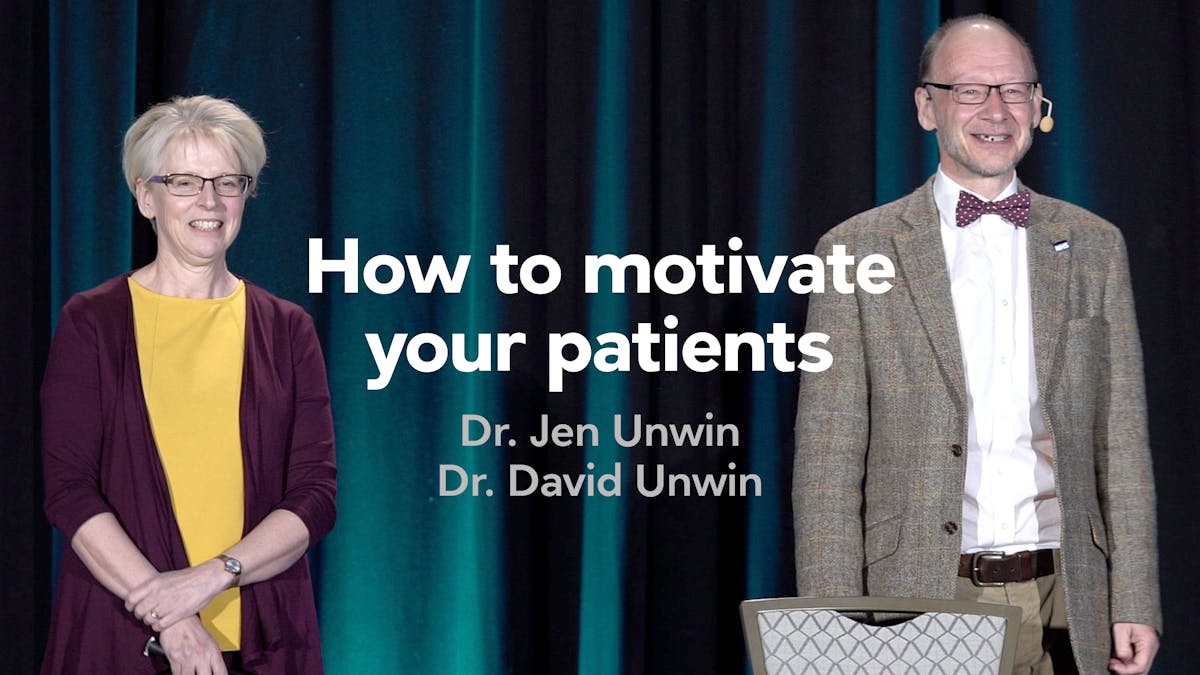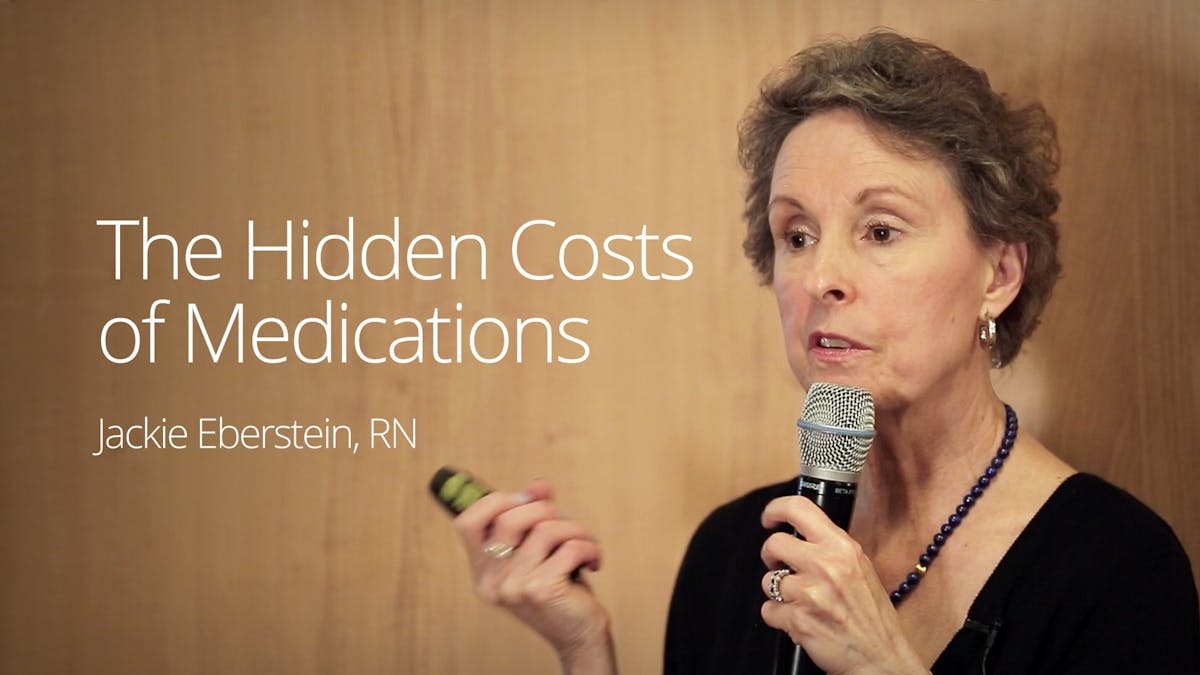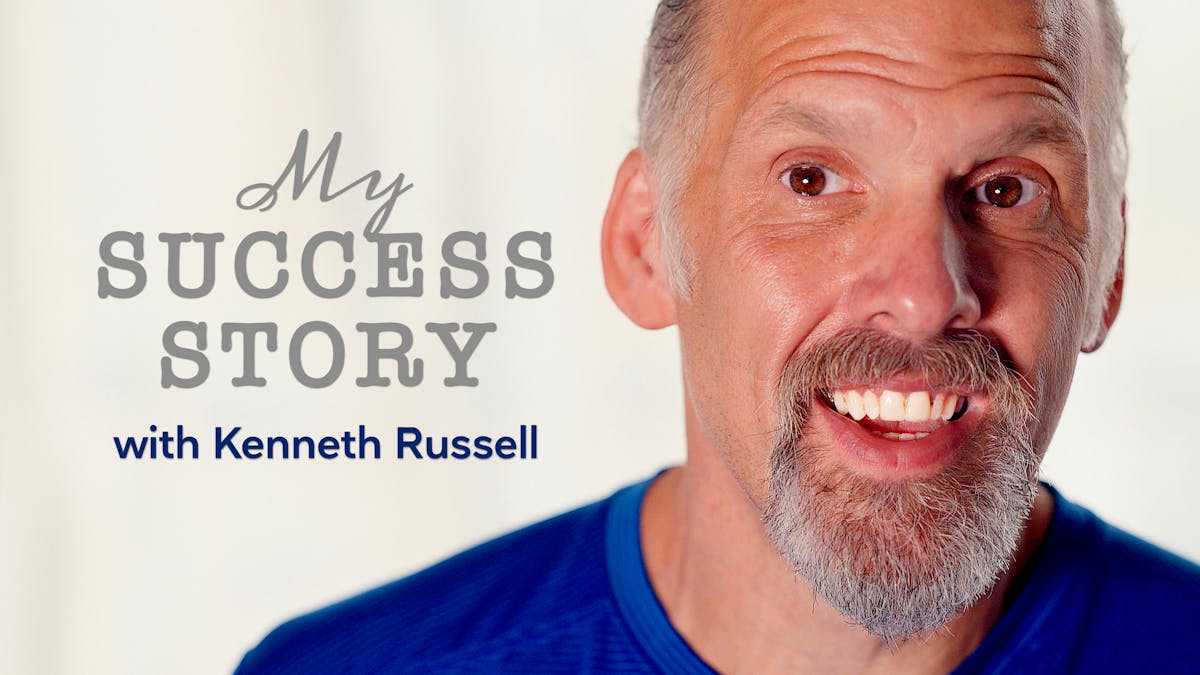Why do some people stay lean and fit while others get insulin resistant?

Why are we lying about obesity?
The answer to this and other questions – for example, why do some people stay lean and fit while others get insulin resistant? And how to measure blood sugar the best way? – in this week’s Q&A with Dr. Andreas Eenfeldt:
Why do some people stay lean and fit on a CRaP diet while others gets insulin resistance?
Dear Dr. Eenfeldt,
My question to you concerns a question I in turn have gotten a number of times, when I’ve told people about why I fast and the tremendous overall health benefits of eating a LCHF/ketogenic diet.
Why are some carb eaters naturally thin? I have many friends who eat a very unhealthy diet, with lots of sugar and other carbs, yet they are thin and look very healthy (on the outside).
When I tell them about why I’m eating keto, and the effects on the body in terms of insulin spikes, the two-compartment model of carb vs. fat burning etc., it seems strange that their constant insulin spikes and excess calories of sugar and starches does not turn them fat?
I am not overweight, but if I myself step off of my normal rather strict LCHF plus IF protocol, I gain weight (water + fat) rather quickly. Can I be more sensitive to carbs, or why is there this huge difference among people?
I hope you can clarify this, as I feel that my arguments somehow “fail” when some people can eat unhealthy and get diabetes, while others can eat crap and still look fit!
I would never go back to the CRaP diet1 even if I “looked fit”, as I know how good it feels to live the keto lifestyle, but I would appreciate the help to sharpen my arguments!
Thank you for all the great work everyone at Diet Doctor does!
Kind regards,
Martha
Hi Martha!
It’s very unfair, but there is a huge difference between individuals in how easily we get insulin resistant and gain weight. Some are naturally thin, some not. The latter individuals may have to be much more careful with what they eat and how they live to stay at a lower weight.
Some of this difference is due to genes and some is due to earlier environmental factors. However, many people who are naturally thin are also quite young. This state tends to end, and then they are often not so naturally thin anymore…
Best,
Andreas Eenfeldt
When to measure glucose in blood?
Dear Dr. Eenfeldt, how much time after eating (breakfast, lunch, dinner) do you have to measure the blood glucose level? After 1.5 hour or 2 hours, or less/more. I only get 100 strips to measure/month (ie. 3 strips/day) from social security and cannot afford (unemployed) to buy more!
Second question: When do I have to take more insulin (apidra or lantus), that is? Suppose I measure 140 mg/dl (7.8 mmol/L), do I have to inject, or from 160 mg/dl (8.9 mmol/L) or 180 mg/dl (10 mmol/L) or 200 mg/dl (11.1 mmol/L)?
Thank you very much for your answer.
Yours sincerely,
Oscar
Hi Oscar!
These are difficult questions as the answers will be individual. But if you measure your blood glucose 60 minutes or so after eating you’re not too far off the peak, and this can be an effective way to teach yourself about the effects of different foods.
Regarding insulin it depends on your goals. More insulin – if you have type 2 – can be problematic long term as it tends to lead to weight gain and a worsening disease. But high blood sugars are also bad. The best is of course to have good blood glucose without a lot of added insulin. This can often be achieved using low-carb and IF. If you attempt this, make sure you’re not taking too much insulin, as this may result in low blood sugar.
I recommend you discuss it with a wise doctor or diabetes nurse.
Best,
Andreas Eenfeldt
Why are we lying about obesity?
In my opinion, statistics such as the BMI data is superficially used for political agendas. BMI only measures height & weight, not waist size or body fat percentage. Someone who has the BMI of 40 or greater might be a body builder or the fat guy but we only think of the fat guy.
Also, we place too much emphasis on the BMI categories as unrepresentative descriptions of those people. When you think “obese”, you might think of a fat guy who has a BMI of 70, for instance. However, when the BMI statistics show a growing number of people who are “obese”, shouldn’t we look at the minimum definition of “obese” according to BMI? If so, more people getting as heavy as weighing 140 lbs (64 kg) at a height of 4’11” (150 cm) is a rise in obesity?
Andy
The BMI scale is far from perfect. I agree that waist size or body fat percentage are better measurements.
However, at BMI > 30 (classified as “obese”), roughly a third of the adult US population, almost everyone has some excess weight, higher-than-normal average insulin levels and at least statistically there’s an increased long-term risk of many health issues.
Best,
Andreas Eenfeldt
More
More Questions and Answers
More About LCHF and weight loss
- MEMBERS ONLY
![How to motivate your patients]()

- MEMBERS ONLY
![The hidden costs of medications]()

The “CRaP” diet means Caloric Reduction as Primary. Learn more ↩

